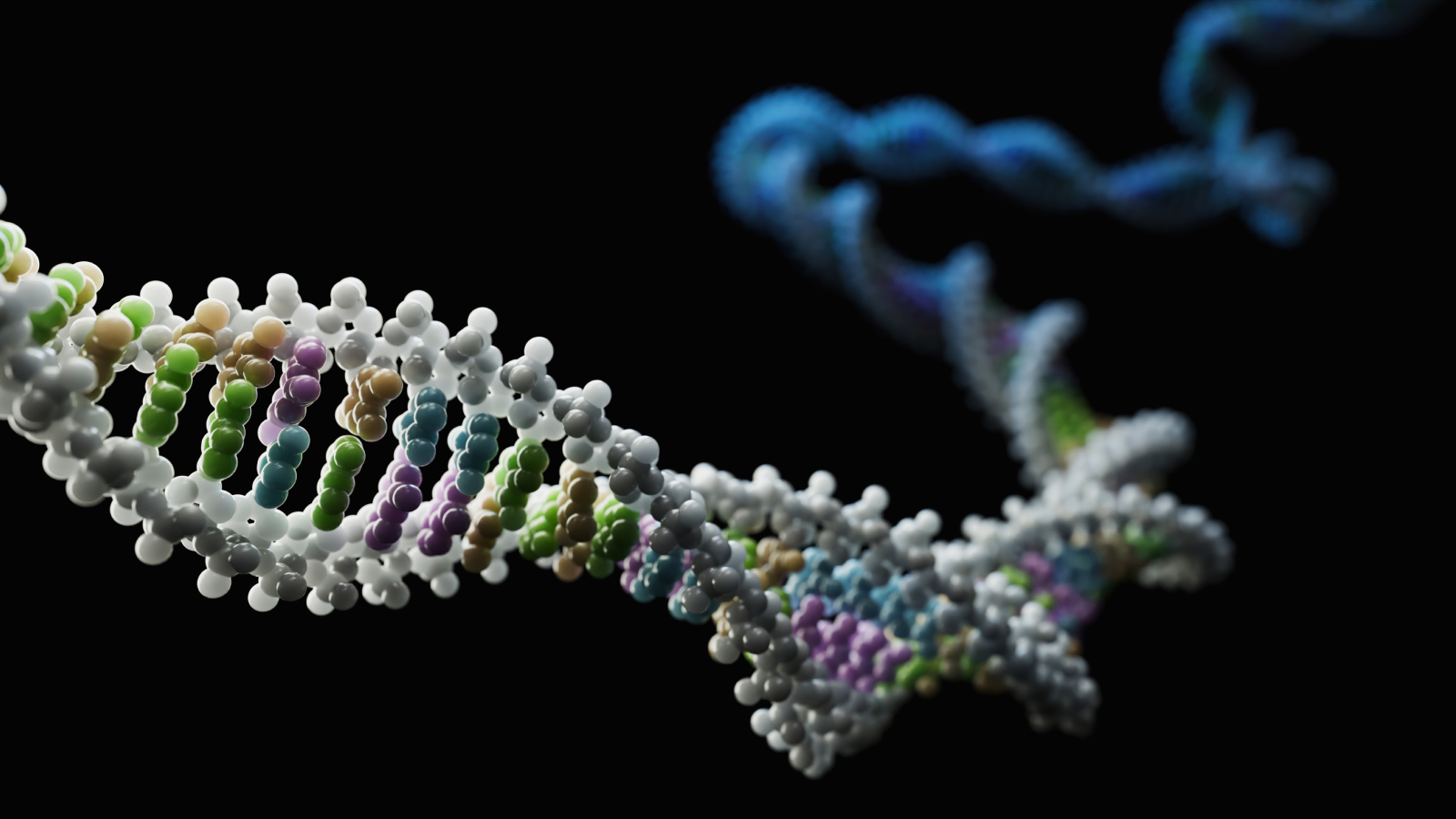DNA and Genes
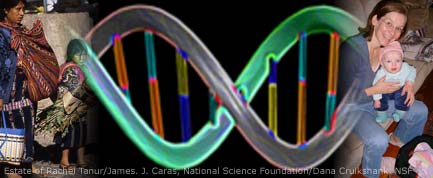
Genes are the blueprints of life. Genes control everything from hair color to blood sugar by telling cells which proteins to make, how much, when, and where. Genes exist in most cells. Inside a cell is a long strand of the chemical DNA (deoxyribonucleic acid). A DNA sequence is a specific lineup of chemical base pairs along its strand. The part of DNA that determines what protein to produce and when, is called a gene.
First established in 1985 by Sir Alec Jeffreys, DNA testing has become an increasingly popular method of identification and research. The applications of DNA testing, or DNA fingerprinting within forensic science is often what most people think of when they hear the phrase. Popularized by television and cinema, using DNA to match blood, hair or saliva to criminals is one purpose of testing DNA. It is also frequently used for other benefits, like wildlife studies, paternity testing, body identification, and in studies pertaining to human dispersion.While most aspects of DNA are identical in samples from all human beings, concentrating on identifying patterns called microsatellites reveals qualities specific and unique to the individual. During the early stages of this science, a DNA test was performed using an analysis called restriction fragment length polymorphism. Because this process was extremely time consuming and required a great deal of DNA, new methods like polymerase chain reaction and amplified fragment length polymorphism have been employed.The benefits of DNA testing are ample. In 1987, Colin Pitchfork became the first criminal to be caught as a result of DNA testing. The information provided with DNA tests has also helped wrongfully incarcerated people like Gary Dotson and Dennis Halstead reclaim their freedom.
Latest about Genetics

This rare disease causes people to move uncontrollably and unintentionally self-harm
By Emily Cooke published
Lesch-Nyhan syndrome is an extremely rare disease that affects patients' behavior and cognitive skills.

Study of 9,000 twins reveals genetics influences how much you enjoy music
By Clarissa Brincat published
Genes affect different aspects of music enjoyment — from the emotional reactions that compositions evoke to the social connection music can foster.

Origins of schizophrenia linked to epigenetics of the placenta
By Clarissa Brincat published
Epigenetic changes in the placenta may shape how the fetal brain develops and thus influence the risk of psychiatric disorders.

Epigenetic 'scars' on the genome can be passed down by grandmothers, study finds
By Jennifer Zieba published
In a story of collaboration and community, researchers identified intergenerational epigenetic changes caused by war and trauma in Syrian refugees.
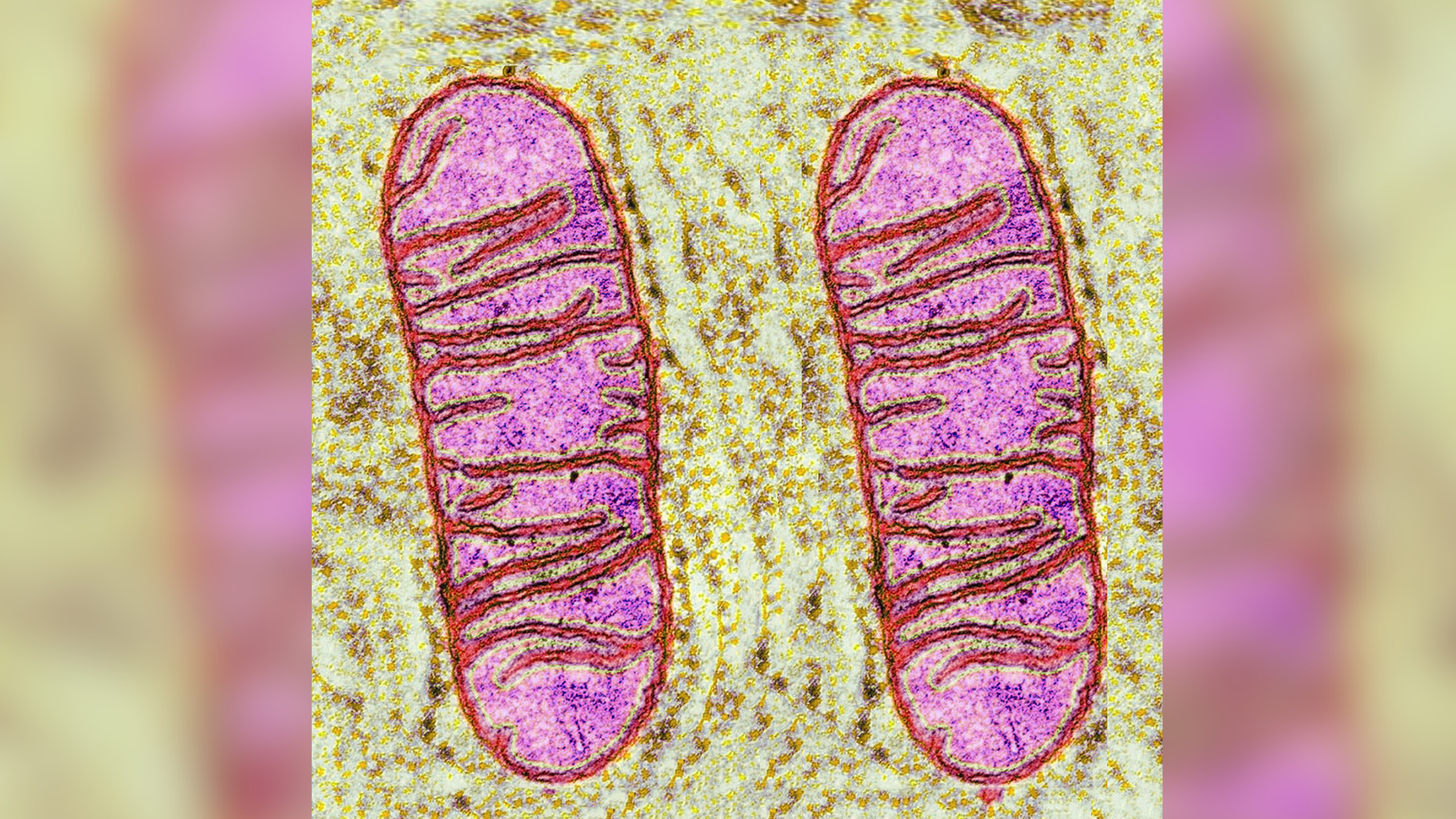
POLG diseases: Rare genetic conditions that starve cells of energy and afflicted the late Prince of Luxembourg
By Emily Cooke published
POLG-related diseases disrupt the function of the mitochondria, or "powerhouses" of the cell — starving them of energy.

East Asians who can digest lactose can thank Neanderthal genes
By Emily Cooke published
Unique versions of the lactase gene found in the genomes of East Asian people may have increased in prevalence within the population over time because they bolstered immune responses against pathogens, new data reveal.
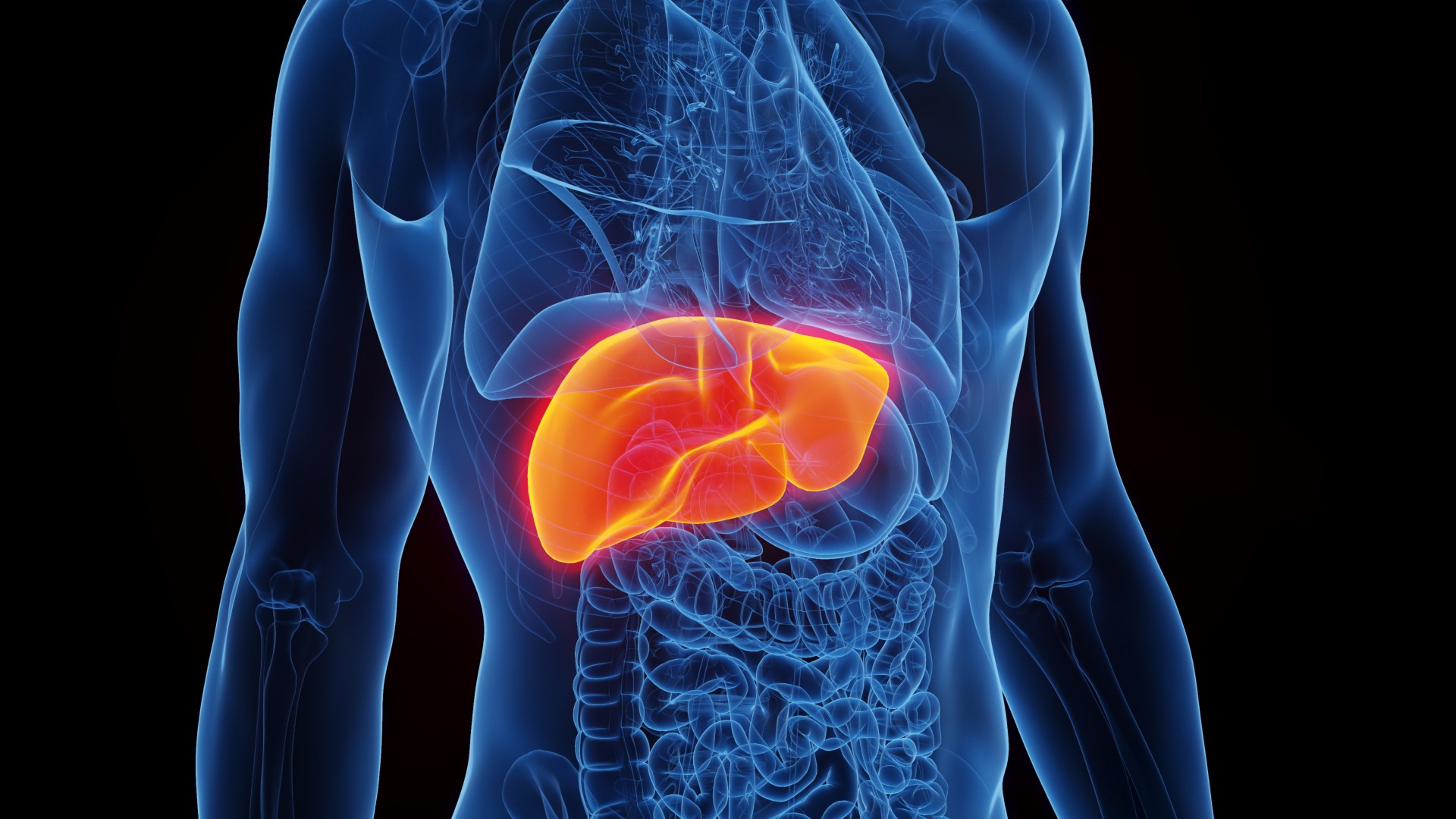
The rare genetic disorder that causes severe itchiness and liver failure
By Emily Cooke published
Patients with PFIC develop liver failure as a result of a buildup of a digestive fluid known as bile.
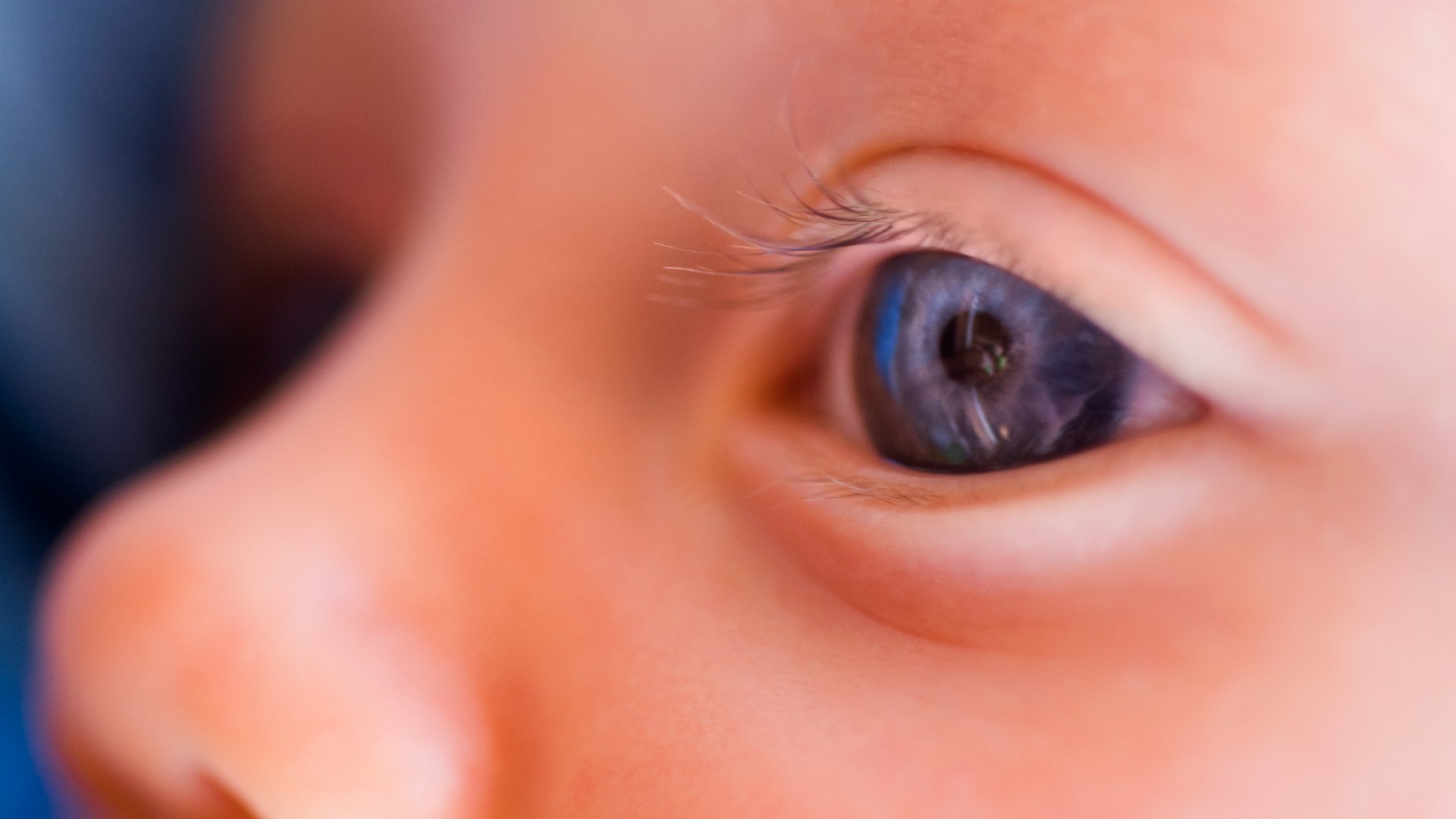
Norrie disease: The rare genetic disorder that makes people go blind and deaf
By Emily Cooke published
Only around 500 cases of Norrie disease, a genetic condition, have been reported worldwide.
Sign up for the Live Science daily newsletter now
Get the world’s most fascinating discoveries delivered straight to your inbox.

